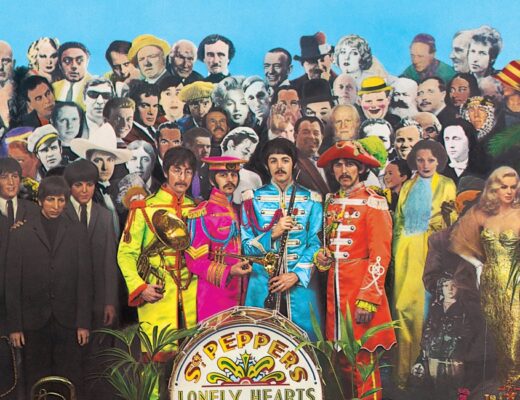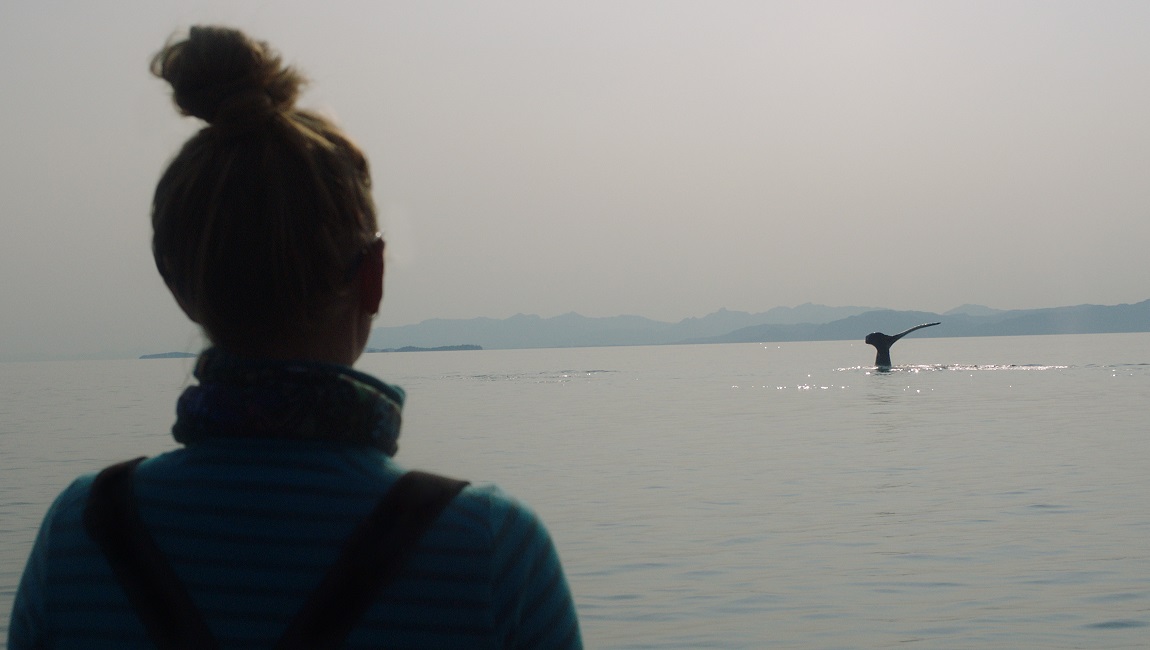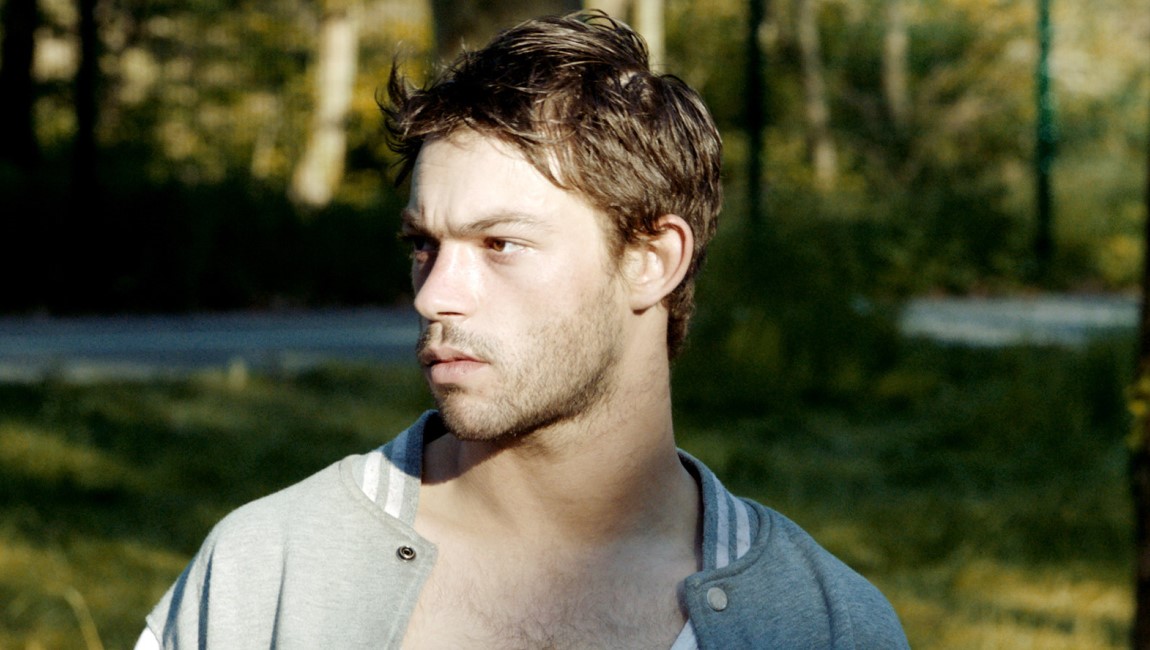Petite Maman is both Sciamma’s most intimate and epic work, a gently profound fable about youth’s uneasy passage into adulthood.
Celine Sciamma’s characters have always existed on a precipice of some essential awareness, riding the ebbs and flows of emerging self-knowledge, and arriving at necessarily unsettled places. Specifically, her films explore that bardo between childhood and adulthood — often, but not always tethered to sexual awakening — and the griefs and doubts and knowledge that become bedfellows in this space. Petite Maman finds Sciamma further evolving and refining her preoccupations. After her past three films saw central characters ascend in age with each subsequent effort, interrogating their disparate dramas with a kind of linearity, the director here retreats to early childhood, a period of more profound innocence, and follows eight-year-old Nelly’s (Joséphine Sanz) burgeoning awakening to the world in the aftermath of her grandmother’s death. The young child is immediately established as perhaps preternaturally empathic, attuned to the gravity of her mother’s (Nina Meurisse) emotional disruption, while remaining in the firm clutches of youthful ignorance; sitting in the backseat of the family car, she first observes, with clear concern, as her parents embrace in the immediate wake of this loss, and then attempts to provide her mom with the balm of a snack offered from the backseat.
Petite Maman reaches not just across these spaces — physical, and also emotional — but across time, too. All of these expanses are haunted in their way, with loss and memory, yes, but also with the people we share them with; more than in any of her previous work, Sciamma is here interested in the small ways that we become specters in each other’s lives. Relationships become fragile in the face of individual griefs, while the individual too easily recedes when met with collective ones. If such notions seem weighty, the director executes them with a gentle touch, building a kind of gossamer fairy tale. After her grandmother’s passing, Nelly and her parents retreat to the family cabin in order to clean out its contents (and perhaps find some kind of closure), but after her mother disappears overnight — rising emotions proving too much — Nelly and her dad are left to finish the business alone. DP Claire Mathon captures the autumnal wood in painterly, often static compositions, lush clusters of scarlet and orange and olive leaves punctuating the dull, naturally-lit interiors. It’s a palette rich in melancholy and infused with a small bit of magic, and in exploring the surrounding forests, Nelly finds a bit of both in the form of a new friend, a fellow eight-year-old girl, Marion (played by Sanz’s twin, Gabrielle), who is constructing a hut of teetering sticks. Following Marion home, we find that she lives in a cabin identical to Nelly’s, shot from the same fixed angles, the same kitchen table, the same bedrooms, the same bathroom on the hallway’s right, and it’s here that Petite Maman’s fabulism reveals itself. But rather than diminishing the film’s second half, the easily understood fantasy conceit here enriches its deep, abiding humanism: a daughter’s quest to understand her mother as a person outside of her maternity.
Production notes cite Hayao Miyazaki as a guiding influence, and, indeed, the film’s delicate marriage of whimsy and wistfulness has perhaps no greater touchstone than My Neighbor Totoro. Sciamma is likewise interested in these moments where innocence abuts experience and youth’s solipsism suffers the first of its many small deaths. But she balances such heady ruminations with a distinct levity, reveling as much in the youngsters’ beyond-their-years philosophizing as she does their bouts of joyous play; this latter bit ushers in another absolute mic drop of a musical sequence for the director (after Girlhood’s all-time “Diamonds” scene), interrupting the film’s scoreless sound design for a last hurrah scene set to the exuberant electro-pop of Para One’s fittingly-titled “La Musique du futur.” But here, the future is always in dialogue with the past, and the two beautifully twine in a few scenes during the film’s second half, in which Nelly and Marion perform a drama together. Breaking character to compliment each other’s skill, Marion then announces, “I’d like to be an actress…It’s my dream.” It’s a suitably fanciful childhood ambition on the surface, but one that here, within the context of both the film’s reality and fantasy, speaks volumes to the performative shape our lives irrevocably take, recalling, in its casual way, nothing less than first-wave feminist theory. To that end, the film’s title likewise takes on multiple meanings, and if one feels weighted more heavily, it’s largely, in the way of life, a matter of perspective. And so, while Sciamma is still fundamentally interested in the same exploration of self, Petite Maman represents something of an expansion, moving both further forward into adulthood and backward into youth than ever before. Across its brief 70 minutes, Petite Maman proves to be both Sciamma’s most intimate and epic work yet.
Originally published as part of Berlin Film Festival 2021 — Dispatch 7.







